Department of Civil Engineering
About the Civil Engineering Department
The Department of Civil Engineering at Mahalakshmi Tech Campus is committed to introducing a revolutionary model in engineering courses. Open for progression of the 21 st century our department introduces advance technologies so that other components are incorporated in to provide the students the future tools of civil engineering.
We advocate for an active curricular model that applies state-of the art computations, with sustainability and problem-solving perspective. Students find it advantageous to have an understanding that is taught in class put into practice through projects and state of art laboratory.
The role of innovations is not limited to learning process only; we are devoted to innovations as well. Students are urged to engage in cutting edge research and projects being undertaken within society with focus on issues such as climate change, smart structures and cities. These experiences promote analytical and synthetic abilities that will enable learners to solve problems in the course of their practice.
At Mahalakshmi Tech Campus we have strived is to produce all round professionals right from the core civil engineering concepts to embrace the engineering principles with better technologies. This strategic focus on a skills-based educational model which accents the industry’s key competencies, along with the progressive mindset, guarantees that our graduates enter the professional life to be pioneers and drivers of change in a rapidly growing field.
Therefore, the Department of Civil Engineering at Mahalakshmi Tech Campus aims to produce the future generations of Engineering professionals. To this end, we combine education to practice, creative learning environments and practical research that invites our students to succeed and make a difference in the advancement of civil engineering and in the world today.

Vision
The vision of MTC civil engineering program is to be among the top universities producing QUALITY engineers for sustainable infrastructure development and defend / promote the use of Nature’s endowment.
Mission
The aim of providing a quality civil engineering education that goes hand in hand from classroom knowledge to real application. Our approach with students is very component-based and grounded in highly technical and socially responsible solutions to infrastructure issues with innovation and research at the forefront of our mission.
Scope of Civil Engineering
Civil engineering as a field of study is large and ever growing encompassing the construction of structures critical to the populace. The scope of civil engineering extends across several key areas:

Infrastructure Development
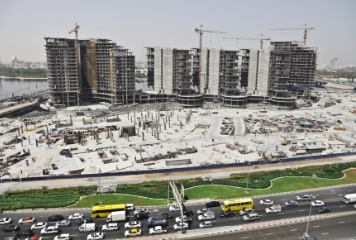
Structural Engineering

Environmental Engineering

Geotechnical Engineering

Transportation Engineering
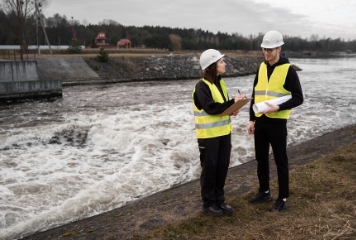
Water Resources Engineering

Construction Management

Urban and Regional Planning

Sustainable Engineering

Disaster Management and Resilience
Events Gallery
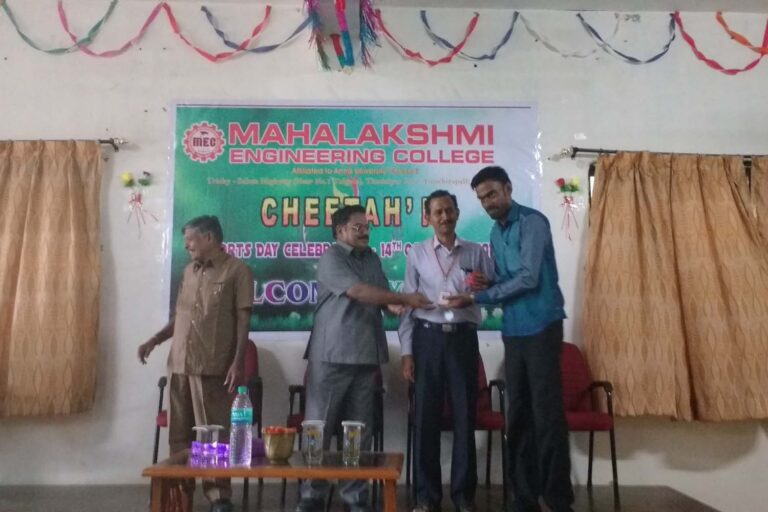
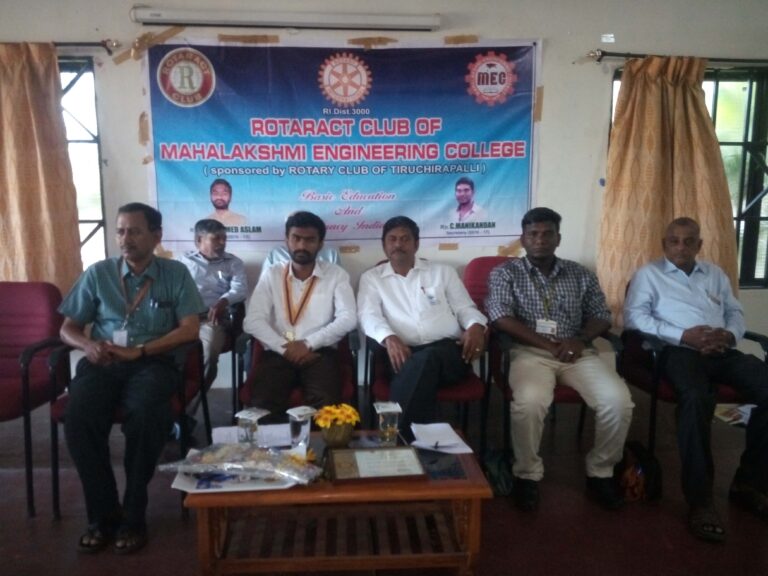
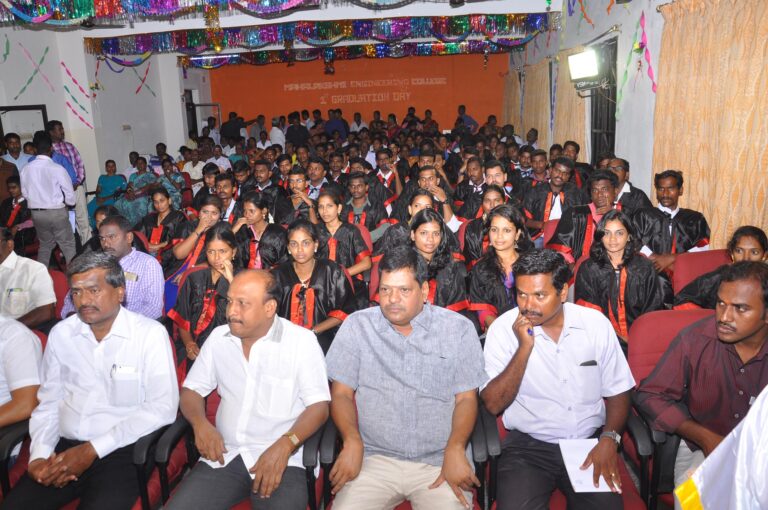
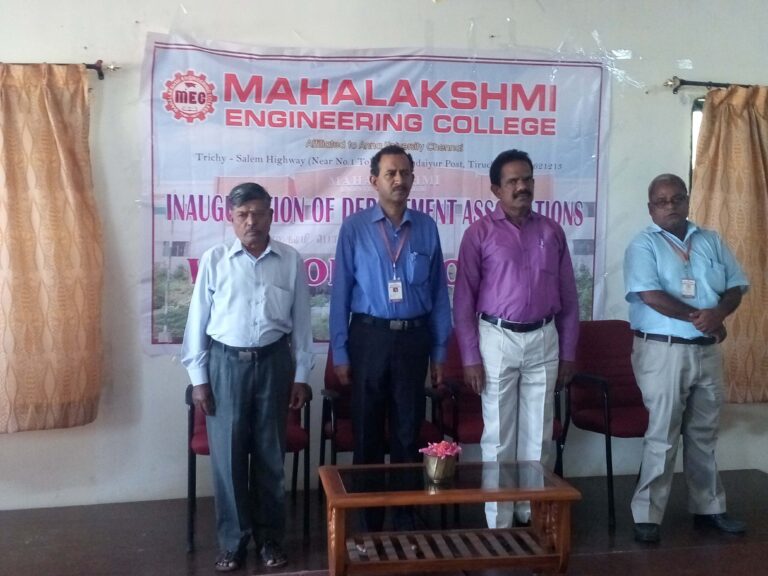
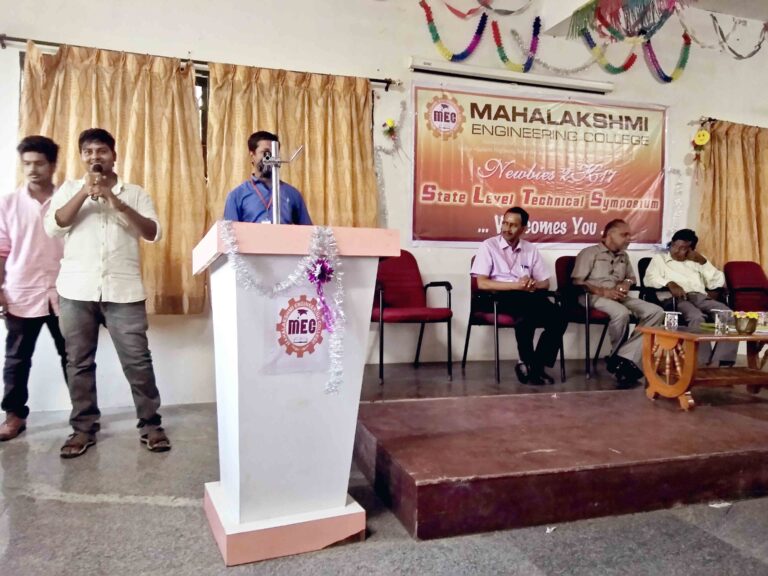

Association Activities














